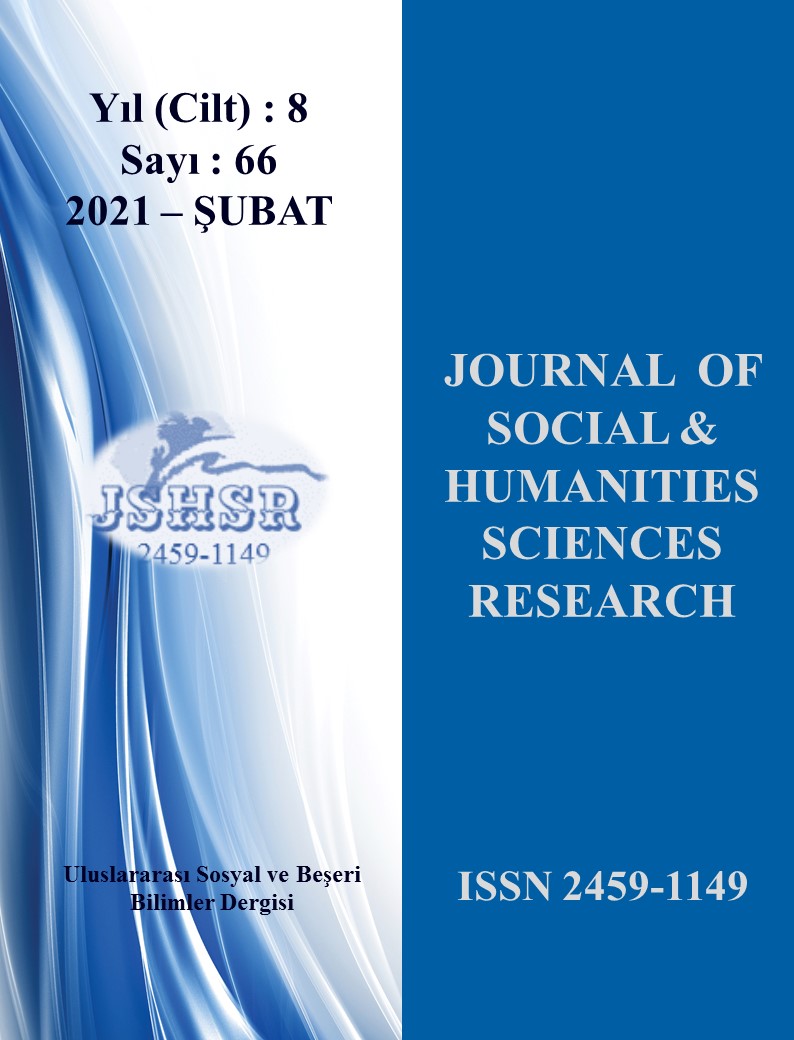ANALYSIS OF MEHMED VECİHİ EFENDİ’S “HARABE” NOVEL
DOI:
https://doi.org/10.26450/jshsr.2303Keywords:
Mehmed Vecihi, Harabe, Novel, Psychological Novel, AnalysisAbstract
The second half of the 19th century was a period of radical and effective changes in Turkish prose. Mehmed Vecihi Efendi is a person who wrote articles in literary types during the Servet-i Fünun period. The author presented his novels and stories in serial form, and became famous for his romantic novels serialized in İkdam, one of the most important newspapers of the period. The main topics discussed in the novel Harabe, which is the subject of this article, are orphanhood-desolation, wealth-nobility, adoption, morality and education. In Harabe, which is a psychological novel, are made the psychological situations and character analyzes of people in the front of changing events and situations. In the novel, the situation comes to the fore more than the event. In the work, feelings of orphanhood, desolation, poverty, love, disappointments and suffering are transferred in an impressive way. This article will benefit in terms of enjoying the language in the works of the authors who were not included in the Servet-i Fünun group during the Servet-i Fünun period
Downloads
Published
How to Cite
Issue
Section
License
Copyright (c) 2021 INTERNATIONAL JOURNAL OF SOCIAL HUMANITIES SCIENCES RESEARCH

This work is licensed under a Creative Commons Attribution 4.0 International License.


